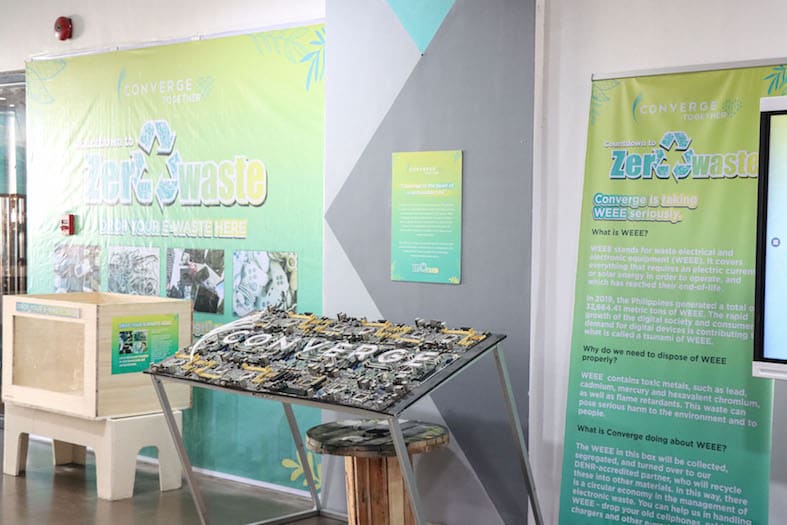If we’re to believe the World Bank, Philippine education is in serious crisis.

That’s because one in every four Grade 5 students does not have the reading and mathematics skills for Grade 2 or 3, and four in every five 15-year-old students do not understand basic mathematical concepts such as fractions and decimals that should be mastered by fifth graders.
The international funding institution’s conclusion is based on three different multi-country assessments it conducted in 2018 and 2019.
The Philippines took part in the Program for International Student Assessment for the first time in 2018, which assessed achievement and application of key knowledge and skills of 15-year-old students in reading, mathematics, and science.
We then joined the Trends in International Mathematics and Science Study in 2019 after a break of 16 years to gauge proficiency in math and science in our fourth and eight grades.
And we linked up with the first cycle of the Southeast Asia Primary Learning Metrics also in 2019 to evaluate reading, writing, and mathematical literacy of our Grade 5 pupils.
Across the three assessments, poor learning results were observed among students in the Philippines, with more than 80 percent of them falling below minimum levels of proficiency expected for the respective grades.
In all three assessments, the Philippines performed more poorly than nearly all other participating countries, ranking at or near the bottom in each learning area assessed.
The country was last in reading and second to last in science and mathematics among 79 countries in the first assessment.
We ranked last in both mathematics and science among 58 countries in the Grade 4 assessment. And our Grade 5 students were among the bottom half of the six countries in reading, mathematics, and writing literacy.
All this led the World Bank to conclude that “more than 80 percent of children do not know what they should know” in school.
That’s a damning assessment of our basic education program that’s enough to make our previous education officials hang their heads in shame for gross and inexcusable incompetence.
But there’s hope in the horizon.
The Department of Education is expected to present a revised Kinder to Grade 12 (K-12) curriculum to Malacañang by the end of this month to beat a July deadline earlier set by the Palace.
The reforms in the K-12 program are expected to include plans for inclusive learning, support for teachers, and an improved curriculum.
All this should be able to achieve the original goal of the program 10 years ago: prepare graduates for tertiary education, middle-level skills development, employment, and entrepreneurship.
A Pulse Asia Survey last year showed that 44 percent of 1,200 respondents were unhappy with the current K-12 program system, or 16 percentage points higher compared to the results of a similar survey done in September 2019.
Let’s see if, this time, DepEd can really hack it.







